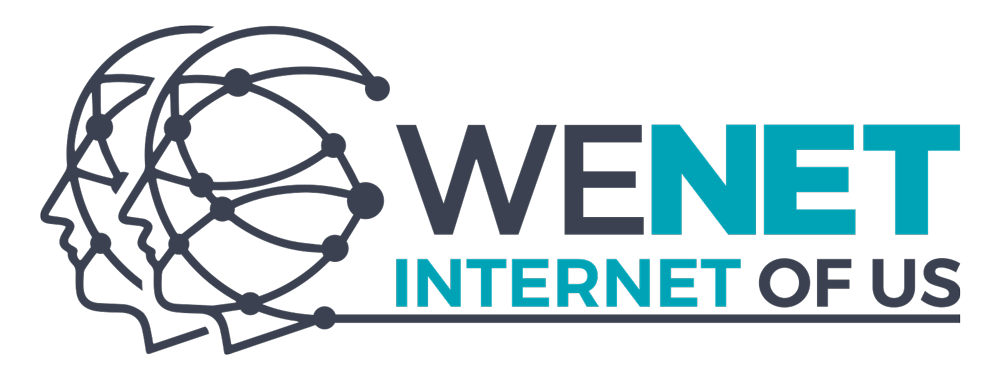Open Call takeaways from the winners: CommonsLab
As the experimentation projects of our Open Call winners came to a closure, we checked back with them to expand on their background and motivations to participate, and to collect stories on their experience within the programme: what they’ve been up to and how WeNet connected with them and helped them to carry on their activities.
Here below, our one-to-one exchange with CommonsLab.
Could you tell us about your organisation’s background?
The social cooperative enterprise CommonsLab was founded by the organising team of the CommonsFest, which was held for the first time in Heraklion, Crete in 2013. The philosophy of the festival was to open a dialogue about the commons by groups with cooperative and solidarity action, and to strengthen the social solidarity economy in Greece. The success of the festival prompted us to create the social cooperative enterprise CommonsLab, with activities related to open technologies, such as free open-source software and hardware, on the one hand, and on the other hand the consulting and support of individuals and groups who were active or wanted to be active in the field of social solidarity economy.
What attracted you to WeNet’s Open Call?
Our activity regarding the social solidarity economy has as one of its central objectives the creation of autonomous supporting structures, which can help the development of the sector in Greece. The WeNet open call gave us the opportunity to try and creating a supporting structure for the social solidarity economy. We consider WeNet’s philosophy, regarding the use of free open-source licences, the respect of the diversity of individuals, and the protection of personal data, perfectly compatible with the principles of the social solidarity economy.
How did the experience contribute to the development of your organisation?
Our experience of participating in the WeNet project has mostly helped us in three areas.
1. The collaboration with different specialists, for the creation of the chatbot; more specifically the software developers, the social economy consultants, our legal and ethics advisor and the communications team that dealt with the PR of the project. It was a very interesting and productive collaboration, which enabled the people who worked together to learn and understand the way of thinking, share knowledge and experiences of the different specialisations, which will certainly help us in future projects.
2. It helped us to understand the resources required to create digital tools for the social economy, and the difficulties and problems that emerge in such a process, especially in a digital environment characterised by big data and information technology.
3. Finally, it helped us understand the legal framework of the GDPR more deeply, and how it can be employed as a useful tool in a social economy context.
For more information: https://commonslab.gr/





